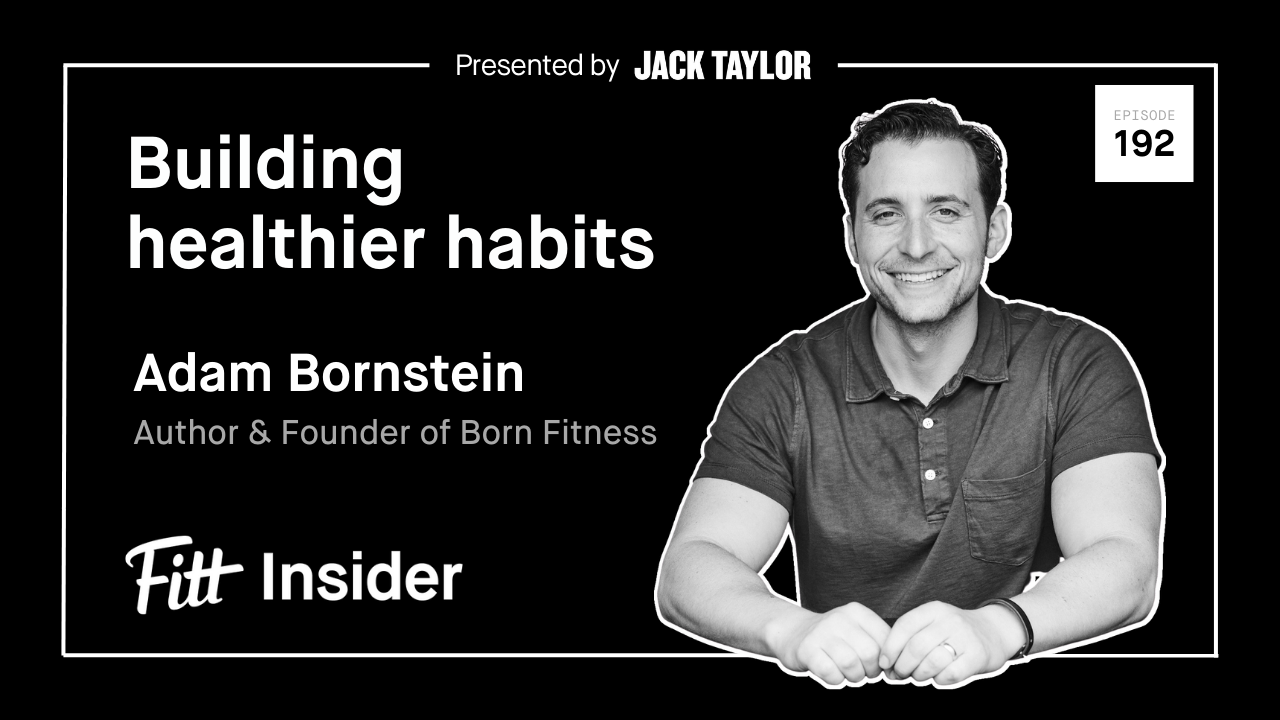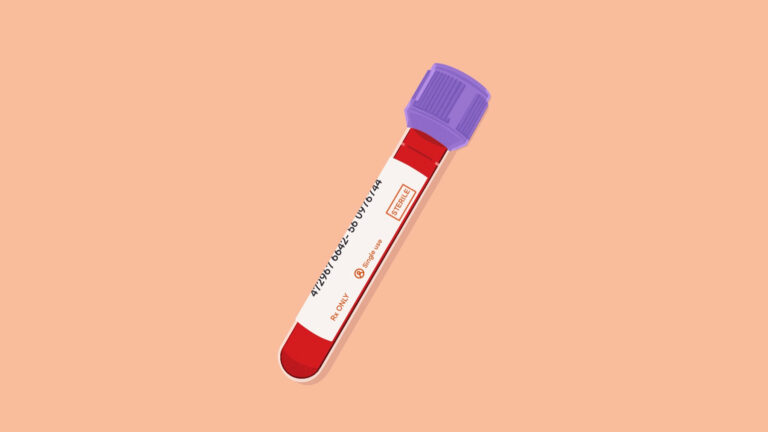If preventative MRIs can spot diseases before it’s too late, why not scan everyone?
Paradigm Shift
Instead of waiting to get sick, more people want to optimize good health.
Spurred by US healthcare’s inefficient and reactive nature, startups democratizing biometric data, real-time feedback, and personalized insights have found success.
But, despite the rise of direct-to-consumer tools like wearable tech and at-home diagnostics that encourage healthy habits or screen for general wellness, we have little recourse when it comes to more serious conditions.
Filling the void, companies offering full-body MRIs promise to reimagine sick care by making AI-powered preventative scans the status quo.
- The US medical imaging sector is on pace to top $190B by 2030.
- Venture funding for AI-enabled medical imaging tech grew from $348M in 2020 to ~$1B in 2021 and 2022, per Crunchbase.
- The global preventative healthcare technology market, including early detection and screenings, is worth more than $400B.
The catch? The medical community and federal regulators are largely opposed to preventative scans, raising concerns over false positives, unnecessary spending, and unproven tech.
Pay-Per-Scan
With US healthcare spending soaring and life expectancy falling, distrustful consumers are willing to pay a premium for deeper insights that can improve their quality of life.
- More than 70% of Americans say the healthcare system is failing them.
- 54% of US adults say preventative health is part of their regular routines.
- 62% of people would curb spending elsewhere before cutting back on preventative health and wellness activities.
As a result, startups providing full-body MRIs as an out-of-pocket, pay-per-scan expense want to revolutionize cancer detection, longevity enhancement, and traditional primary care models.
Ezra. The cancer screening company recently received FDA clearance for a 30-minute “flash” scan, cutting the exam time in half while lowering the price from $2,350 to $1,350.
To date, Ezra has raised $20M+, conducted 5K+ screenings, and strengthened its AI to enable faster scans, more accurate readings, and detailed member reports — all with the goal of creating a 15-minute, $500 scan.
Prenuvo. Running a similar playbook, this preventative healthcare company uses whole-body MRI scans to catch major diseases. According to CEO Andrew Lacy, Prenuvo’s clinicians can identify and advise on over 500 common and rare conditions.
Armed with $70M in funding, Prenuvo is scaling up, aiming to have more than 12 clinics by year’s end. In the future, the company believes annual scans will be the norm.
A different approach… While Q Bio uses medical imaging to create digital twins (a virtual model used for treatment simulation), it’s decidedly not an elective MRI company. More than a spot-check, Q’s exam utilizes a proprietary whole-body scanner, genetic analysis, blood draw, medical history, and more to build a personalized model for tracking and predicting health over time.
With $80M+ in funding, including backing from Kaiser Permanente, the company aims to usher in a new era of proactive care.
Elsewhere… Last winter, Fountain Life secured $15M for MRI-equipped “precision diagnostics” centers. Earlier this year, Spotify CEO Daniel Ek unveiled body-scanning startup Neko Health. And in April, UK-based medical imaging marketplace Scan.com landed $12M to enter the US.
False hope. Widely criticized for being inaccurate, costly, and potentially harmful—causing unwarranted anxiety or overtreatment—preventative MRIs are discouraged by the medical establishment.
Interestingly, these same concerns arose in the early 2000s during the CT scan boom, when clinics sprang up across the US thanks to endorsements from celebs like Oprah. Shuttering within a few years, thousands of centers closed in what the NYT called “one of the most remarkable stories yet of a medical technology bubble that burst.”
Looking ahead: From MRIs to artificial intelligence to digital twins, each tech advancement represents new hope for a longer, healthier life. A work in progress, until foolproof solutions reach the mainstream, those who can afford emerging interventions are perfectly happy paying for a little peace of mind.
🎙 On the Podcast

Best-selling author & Born Fitness founder Adam Bornstein discusses dismantling diet culture.
We also cover: the power of storytelling, building a career in fitness, and insights from working with Arnold Schwarzenegger.
Listen to today’s episode here.
🆕 Nike doubles down on wellness
The global sportswear brand rooted in elite athletics is broadening appeal with the launch of Nike Well Collective.
Beyond sport. The new corporate vision embraces expanding definitions of wellness — integrating mind, body, and life for a more inclusive approach to fitness, sport, and holistic health.
- Products, services, and experiences will revolve around five holistic pillars — movement, mindfulness, nutrition, rest, and connection.
- On June 13, Nike renamed @niketraining social handles to @nikewellcollective and rebranded Nike Live stores to Nike Well Collective stores.
- To support the pivot, Nike will add over 1K new global fitness trainers to its roster and enlist trusted health experts, academics, scientists, and researchers.
According to Nike exec Liz Weldon, the initiative was developed with female customers in mind but is intended for all:
“We’re a sport company, but I also see us as a movement and wellness company — this means embracing and celebrating all forms of movement and all health journeys, and being your authentic self.”
Be well. As more Americans seek out holistic health, countless brands are trying to evolve alongside them.
- Hyperice redefined itself as a “holistic high-performance wellness” brand after acquiring meditation company Core in 2021.
- Therabody evolved from athletic recovery brand to holistic health maven, opening Reset wellness centers and adding self-care offerings.
- Athletic Greens became AG1 in 2021 — an attempt to move beyond athletes and reach more female consumers.
- This year, Beachbody changed its name to BODi, added mindset content, and redirected marketing to promote mental and emotional health over appearance ideals.
Takeaway: Remaining relevant in a post-pandemic world where wellness rules means having a suite of holistic solutions that feels accessible to all, not just athletes. If Nike’s serious about supporting global health, an approach encapsulating every facet of life—from sport to stress-relief—is nonnegotiable.
🎮 Zwift releases “Play” gaming controllers
With a new product drop, the interactive cycling company wants to keep riders glued to the saddle.
Locked in. The handlebar-mounted game controllers feature a directional pad, shortcut buttons, and paddles that deliver braking and steering functionality.
Called Zwift Play, the system is designed to improve the ride experience, eliminating the need to reach for its app on a second screen. The company also plans to release new games that utilize the controllers.
Ready to ride. Following a pandemic boom, at-home cycling brands stalled, with equipment maker Saris entering bankruptcy, Wahoo getting taken over by lenders, and Zwift scrapping its long-awaited connected bike plans.
Since then, cycling platforms have been feverishly releasing product and software upgrades that keep their member bases of amateur and professional cyclists fully engaged:
- Following the release of its Hub smart bike trainer, Zwift added community-oriented features like ride pausing and the ability to link up with friends mid-ride.
- Prior to its short-lived spending freeze, RGT operator Wahoo released a handlebar mount for smart screens that enabled steering.
- Last fall, tilting smart bike maker Muoverti rebranded to MUOV and unveiled a triathlon-specific bike.
Elsewhere, connected bike makers are embracing fitness gaming, with Peloton staying committed to its Lanebreak mode and arcade-style platform PlayPulse shipping its first bikes this year.
Takeaway: Pro or amateur, Olympic esport or all fun and games, an enjoyable experience is the flywheel that drives everything else.
📰 News & Notes
- Inside Alo Yoga’s activewear empire.
- ASICS invests in VR fitness company Valkyrie.
- US healthcare spending to eclipse $7T by 2031.
- Aussie boxing franchise UBX makes US debut in Larchmont, NY.
- Recharge Capital closes $200M fund dedicated to women’s healthcare.
- Fitt Jobs: Curated careers in the health and fitness industry, updated daily.
- Startup Q&A: mend CEO Eziah Syed on lifestyle medicine in post-acute care.
- Metabolic fitness co Ultrahuman debuts new smart ring. [Re-read: Smart Ring Wars]
💰 Money Moves
- Nue Life Health, a ketamine therapy provider, added $1.9M in funding to make its wearables-connected treatment app free for all patients.
- ARENA, makers of an AI-enabled strength training platform, raised an undisclosed sum from Hawks Ventures, Elysian Park Ventures, Courtside Ventures, and others.
- Fast-casual Mediterranean restaurant chain CAVA raised $318M at a $2.45B valuation in its IPO.
- Connected fitness equipment maker Nautilus raised $5M in a registered direct stock offering.
- Digital health company Thirty Madison acquired assets of bankrupt birth control platform The Pill Club for $32.3M.
- Avoli, a performance brand for women’s volleyball players, launched with $1M in seed funding.
- Better-for-you energy drink maker GORGIE raised $6.5M in a funding round.
More from Fitt Insider: Liquid Gold - Pioneer Foods, a South African CPG company owned by PepsiCo, acquired Future Life Health Products, producer of nutritional cereals.
- Behavioral health platform Octave raised $52M in a Series C round co-led by Cigna Ventures, Novo Holdings, and Avidity Partners.
- Beekeeper’s Naturals, maker of health products made from bee byproducts, secured $14M in a round co-led by Devonshire Investors and CAVU Consumer Partners.
More from Fitt Insider: Our conversation with Jared Jacobs of CAVU Consumer Partners - STAT Health, makers of an in-ear wearable device measuring blood flow to the head, secured $5.1M to study use cases for fainting, COVID brain fog, and more.
- Game Time Productions (fka Greenlite Ventures) acquired three concepts from Altitude International Holdings, operator of altitude training centers.
- Mexican diabetes care platform CLIVI secured $10M in a seed round co-led by Dalus Capital and Foundation Capital.
- Sleep care company Nox Health acquired Somryst, a digital therapeutic for insomnia, from bankrupt DTx firm Pear Therapeutics.
- Nature’s Path Organic Foods, a Canadian organic cereal and snack brand, acquired Love Child Organics, an organic baby food maker.
- Hawaii Volcanic Water, a premium mineral water brand, added $10M in new funding.
Today’s newsletter was brought to you by Anthony Vennare, Joe Vennare, Ryan Deer, and Jasmina Breen.






